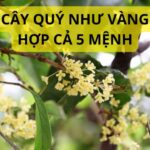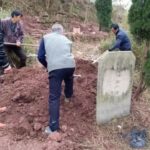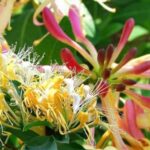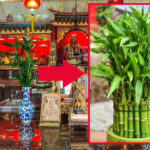**Chinese Parasol Tree**
Chinese Parasol Tree
The Chinese Parasol Tree, with its lush, dark green leaves and towering stature, is a common sight in modern parks and residential areas. From a distance, its dense foliage resembles a verdant cloud. What sets this tree apart is its white flowers, which are not only edible but also possess medicinal properties.
Legend has it that in the past, officials exiled villagers from their homeland. However, the villagers refused to leave their homes and rose up against the court. The Chinese Parasol Tree came to symbolize protection and wealth retention for homeowners, and it was believed to ward off evil spirits, making it taboo to cut down.
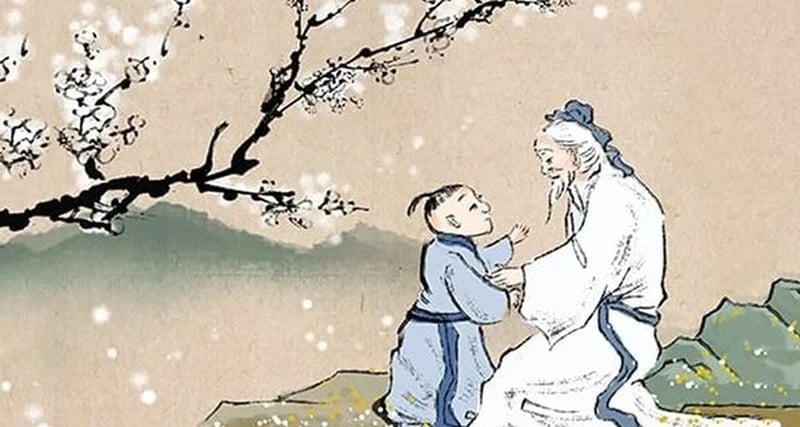
The distinctive feature of the Chinese Parasol Tree is its white flowers, which are not only edible but also possess medicinal properties.
**The Du Tree**
The Du Tree
The second type of tree that our ancestors cherished is the Du Tree, also known as the Money Tree or Dư Tiền. Aside from its intriguing name, the Du Tree’s leaves are delicious; many who grew up in rural areas will fondly remember the slightly sweet and refreshing taste of fresh Du leaves.
During difficult times, such as famine, our forebears would pick Du leaves, dry them, and use them as food. The leaves of the Du tree were considered superior to those of the Duối tree. Additionally, the bark of the Du Tree is edible and served as a source of nourishment during times of scarcity.
The bark was also used medicinally. In the absence of access to doctors, people would boil Du Tree bark to make medicinal tea. Our ancestors refrained from cutting down Du Trees, hoping that they would continue to benefit future generations, reflecting the modern concept of sustainable development.
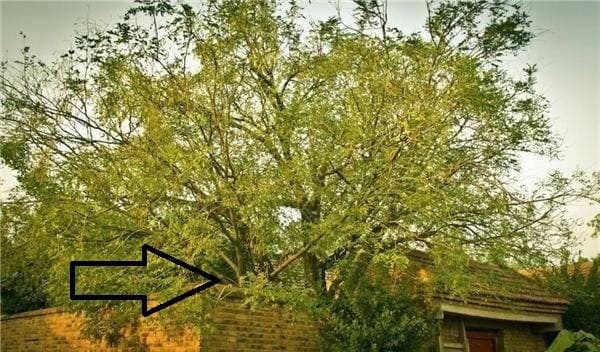
The second type of tree cherished by our ancestors is the Du Tree, also known as the Money Tree or Dư Tiền.
**The Willow Tree**
The Willow Tree
The Willow Tree is a familiar sight in poetry and literature, and according to feng shui, it symbolizes the preservation of memories, conveying reluctance in parting and carrying a profound hope.
Willow trees are known for their robust vitality and hold not only beautiful meanings but also possess remarkable medicinal properties. Therefore, it is considered inadvisable to cut down willow trees under any circumstances.
Our people hold these three trees in high regard, understanding their value, and a proverb was formed to remind future generations. Through this proverb, it encourages people not to destroy natural resources for temporary gain and warns against uncontrolled development. If we do not practice sustainability, we will fall into a state of empty rhetoric without action.
“Ancestral Warning: ‘Poverty Doesn’t Mend Doors, Wealth Doesn’t Move Graves’, Ignoring This Brings 3 Generations of Misfortune”
Renovating a home or moving a grave are not decisions to be taken lightly, nor are they tasks to be undertaken on a whim. Superstition aside, these actions can have unforeseen consequences and far-reaching impacts on both the present and future generations. The adage “the poor don’t fix their doors, the rich don’t move their graves” holds a valuable lesson on the importance of thoughtful decision-making and the potential pitfalls of impulsive actions.
























